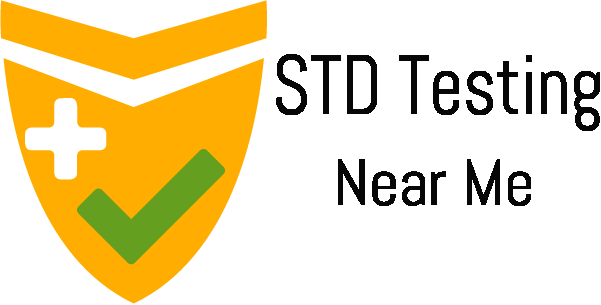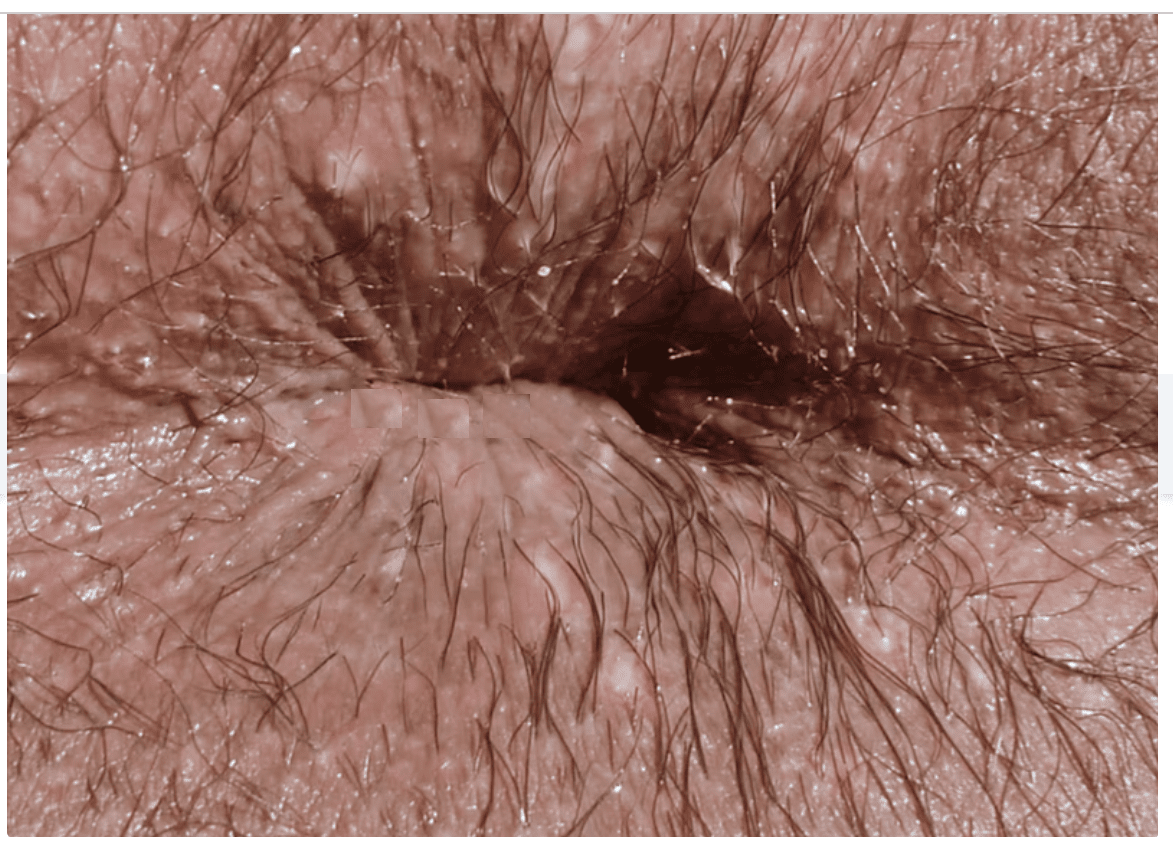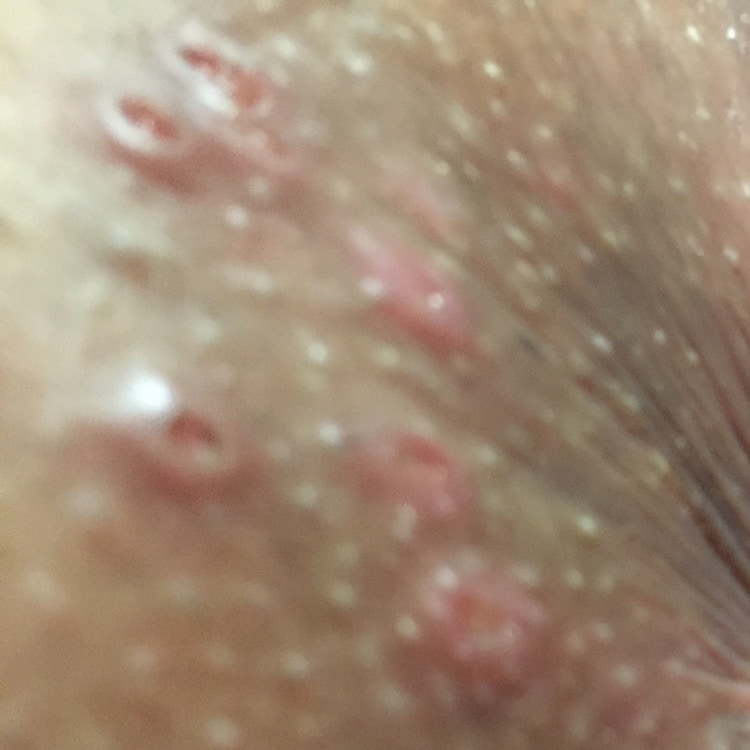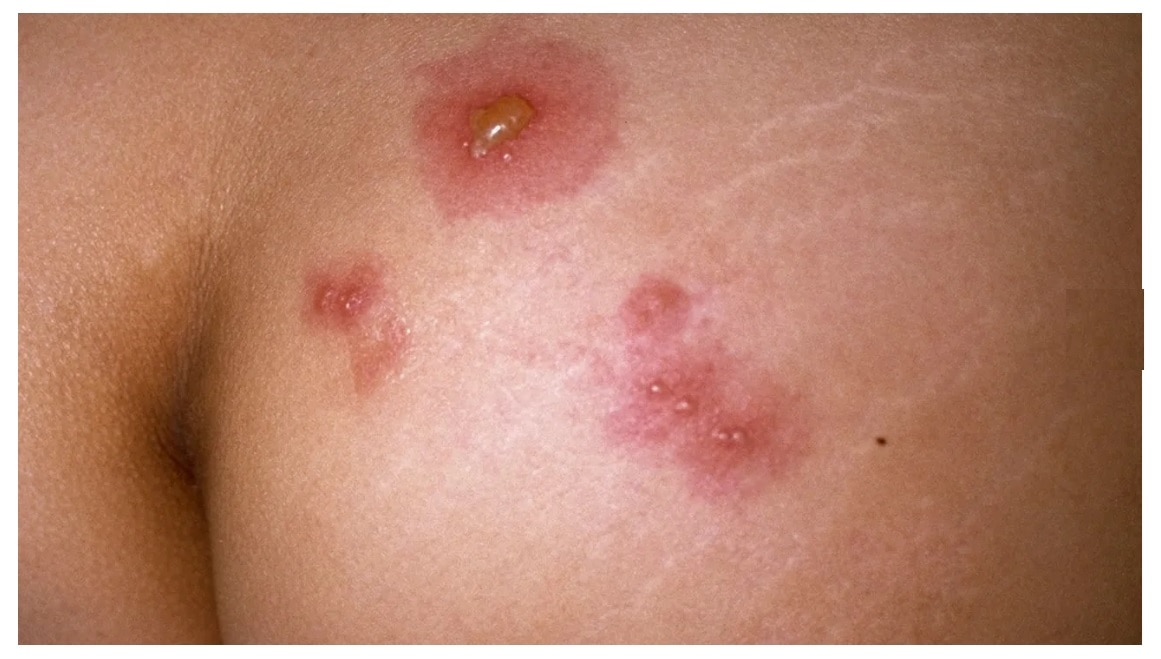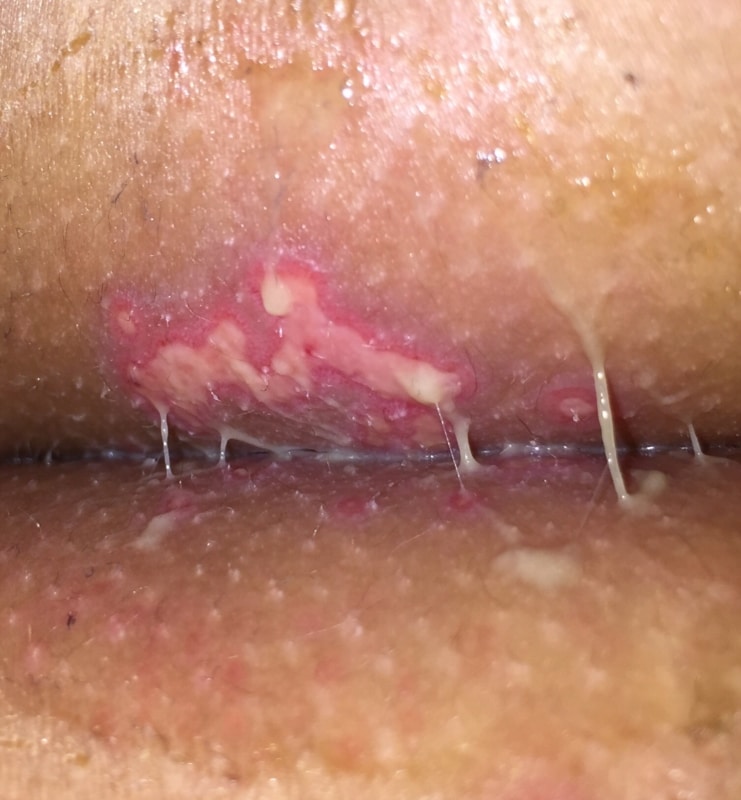Anal Herpes: Pictures, Symptoms, Treatment & everything
Anal Herpes is a form of genital herpes that appears in the form of sores & blisters on & around the anus region. Anal herpes infection is caused by the same herpes virus that erupts as a sore or blisters around the anus, the opening through which bowel movements pass.
It is caused by the herpes simplex virus, HSV in particular.
Symptoms of Anal Herpes
1. Anal herpes blisters, are red bumps or white that cover the ulcers that have ruptured or bled.
The anal sores are painful, with tingling, and burning feels erupting from the anus. The blisters on the anus are fluid-filled.
2. Pain and itching around the anus ulcers that develop at the site of original
3. Initial pain also involves weakness, malaise, headache, and a weird “fullness” sensation in the rectum. This happens after 4-5 days of contraction
4. Changes in bowel habits, some experience excruciating pain with bowel movements for 7 to 10 days of contraction.
5. Problem while urinating, this happens after 14 days of contraction wherein there’s a burn during urination and there is difficulty even to start urinating.
Pain associated with Anal Herpes?
Although pain is an integral part of patients with herpes, pain in several forms affects the patient with Anal Herpes, they are as follows
Pain due to blisters
The pain of the blisters, the tingling, burning, and irritating sensation in and around the anus area are its typical signals.
Pain due to anal fissure/constipation issues
Few patients experience anal fissure/constipation issues. As long as you’re not consistently bleeding copious copious amounts you should be ok. Moral ax is a good stool softener if you think that will help.
Excruciating pain due to bowel movements
Also, Herpes affects the urethra, this causes a lot of pain to urinate, and even discharge. If you get herpes in the bum, it can cause a lot of discomfort when you go to the toilet or defecate and it can even present with the sensation of constantly needing to go.
How is Anal herpes transmitted?
Anal Herpes like Genital Herpes, is a sexually transmitted infection that is passed from person to person through sexual contact or normal intercourse or anal intercourse.
According to the centers for disease control and prevention (CDC) more than 24 million Americans had HSV 2 and one in six people has genital herpes. The same virus that causes genital herpes can cause lesions in the genitals, anus, or perianal.
Interesting to know here is that not everyone with genital herpes has anal herpes.
Can you get herpes from anal sex?
Yes, herpes can be contracted by coming in contact with the infected region of the affected person (even if there are no sores). Having said that, not every Herpes patient gets anal Herpes, irrespective of the sexual act whether it is anal or vaginal, or oral.
How long the Anal Herpes outbreak lasts?
Like Genital Herpes, Anal herpes happens in outbreaks lasting for anywhere between 14 days to 30 days. It may take up to 45 days for a patient to fully recover.
The time between 2 outbreaks can be weeks, months, or even several years.
The first outbreak of Anal Herpes is always seen as severe, then the subsequent ones turned out to be manageable, and then its intensity goes on decreasing with subsequent outbreaks.
Also, in the vast majority of the people, there is no second outbreak seen at all.
How is anal herpes(HSV) diagnosed?
If you have obvious symptoms of anal herpes your doctor may decide to treat you after a physical exam. However, if a doctor isn’t sure they may want to do additional testing because several different sexually transmitted microorganisms can cause anal symptoms.
Your doctor may want to verify the exact cause of your infection with testing before starting treatment. So your doctor may recommend you to get tested for Herpes in a clinic or a lab.
At the Clinic or testing Lab, a doctor will either take a culture from the blisters or ulcers or draw a blood sample. That sample will be sent for further processing where tests will determine the cause of your symptoms.
How is anal herpes treated?
Any type of Herpes cannot be cured but the treatment to reduce pain and limit the outbreak exists. The treatment for herpes helps reduce the length of the outbreak and the intensity.
It may also reduce your risk of passing the infection to a sexual partner.
HSV is a virus, antiviral medications are used to fight this virus. People with HSV are given antiviral medications to reduce the symptoms until the outbreak ends.
In addition, a doctor may prescribe an antiviral medication to take regularly and one for long-term use. This is also known as suppressive therapy, people who use suppressive therapy to manage HSV reduce their risk of passing the infection to a sexual partner.
In cases of severity, your doctor may suggest intravenous antiviral therapy. This means the antiviral medications will be injected directly into your bloodstream through a needle.
Besides the antiviral medications, certain painkillers can also be prescribed by the doctor to relieve the pain caused in and around the anus region.
Which other diseases can be mistaken for Anal Herpes?
Besides the types of Herpes (HSV) called HSV-1 and HSV-2 other diseases such as syphilis, chancroid and donovanosis are infections that can cause different types of lesions around the anus. All of these infections including HSV are acquired through sexual contact.
Anal herpes recurrence
Antiviral medication will help reduce the frequency and severity of anal HSV. Even though the chances of recurrence are bleak in the majority of the patients. Recurrence happens when HSV does erupt again.
Recurrence may take months or even years.
Whenever that happens, the patient has to be treated. As antiviral treatment can help shorten the duration over time episodes of herpes. Over time outbreaks around the anus will decrease ultimately you and your doctor may decide to end suppressive therapy.
References
- Herpes Research 10.1128/CMR.16.1.96-113.2003
- Research treatment of SP-303 genital and herpes simplex lesions in patients
- Management of Genital Herpes: AOG.0000000000003840
